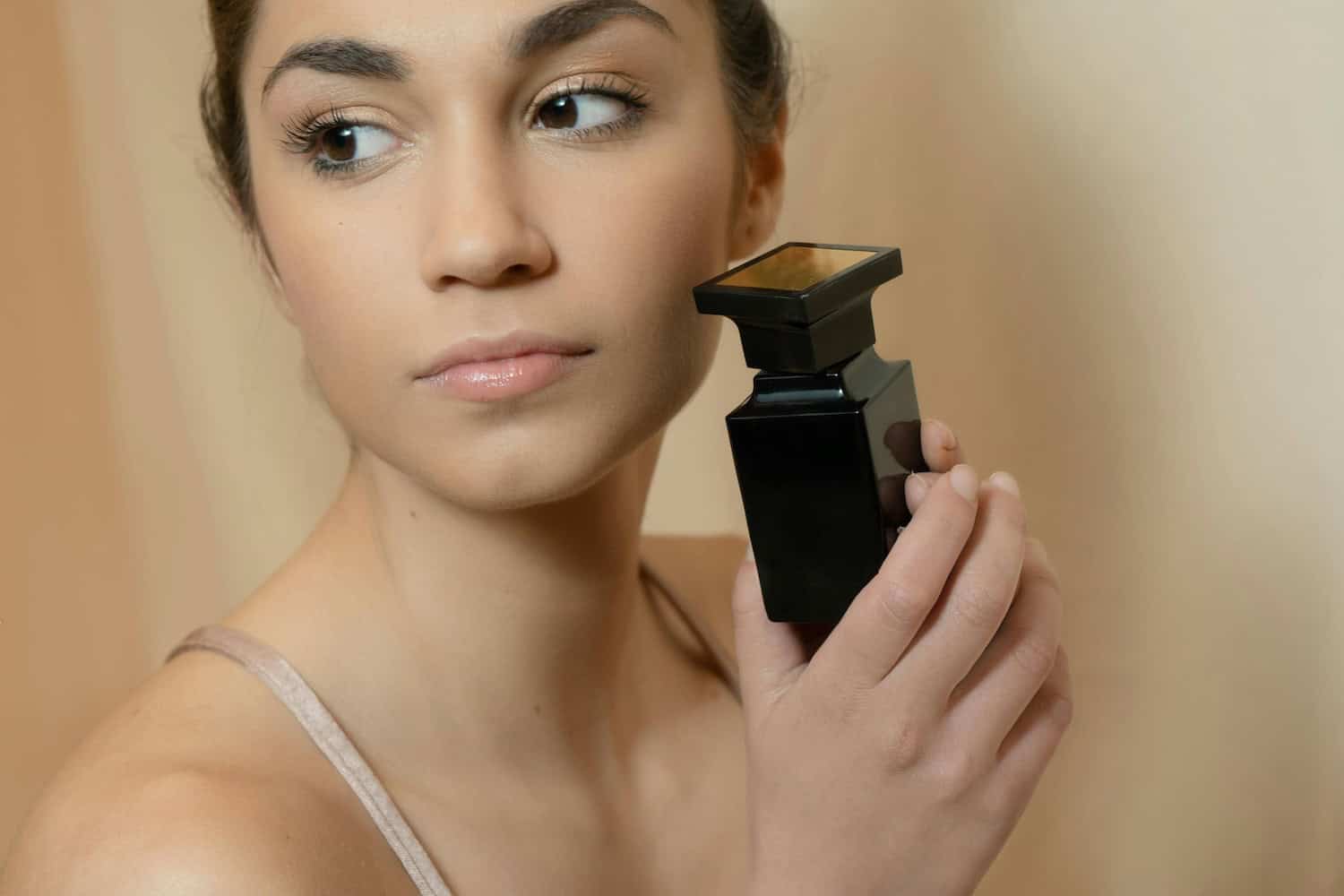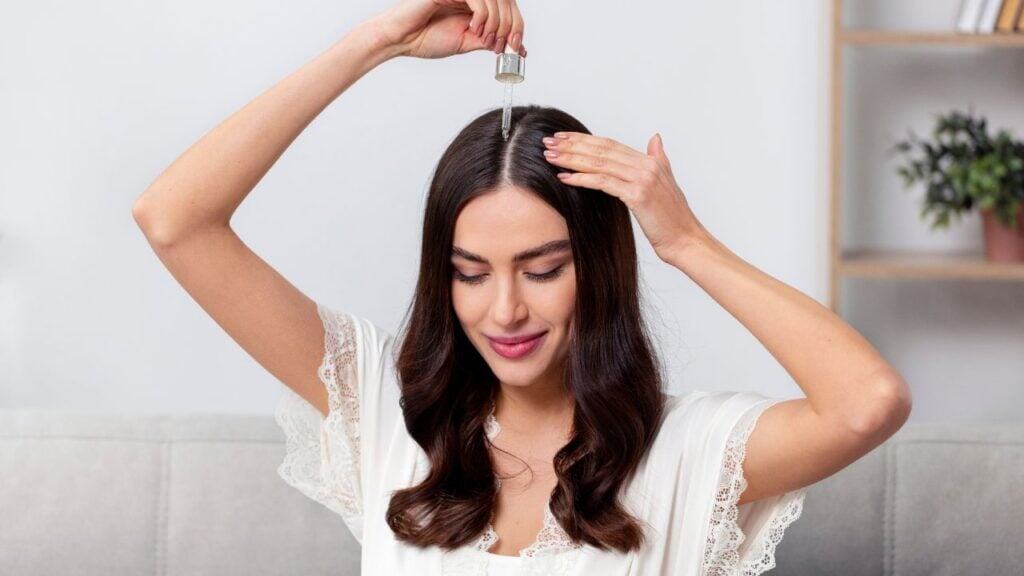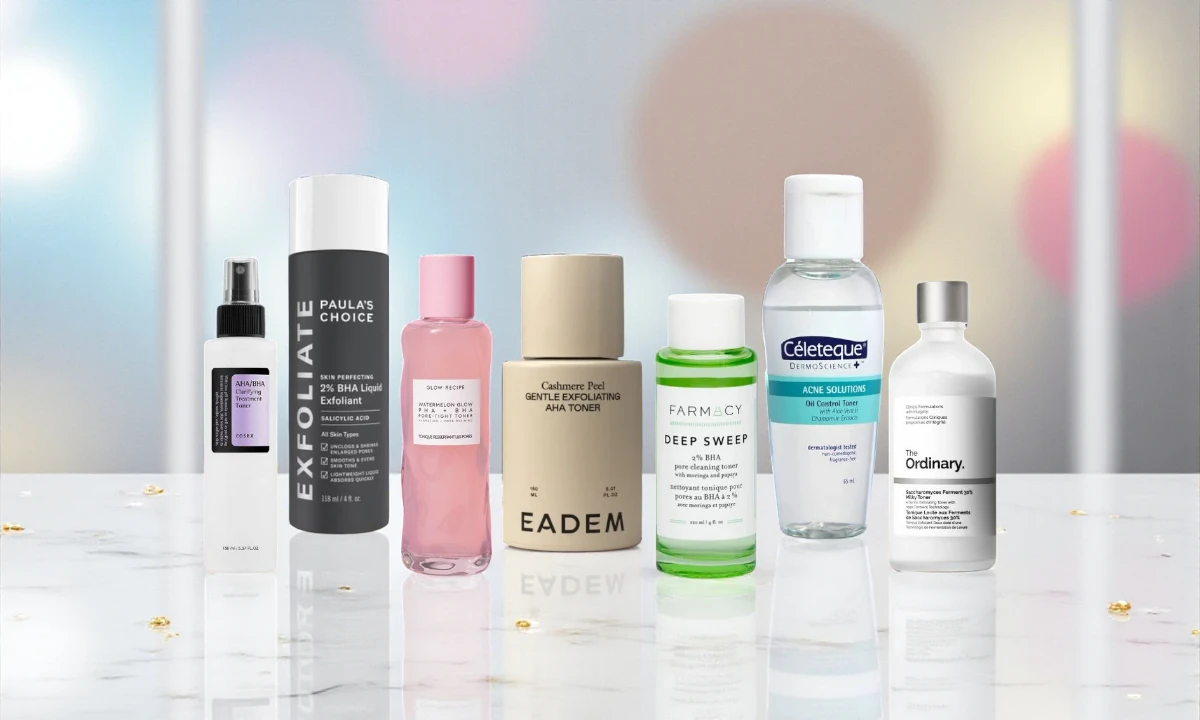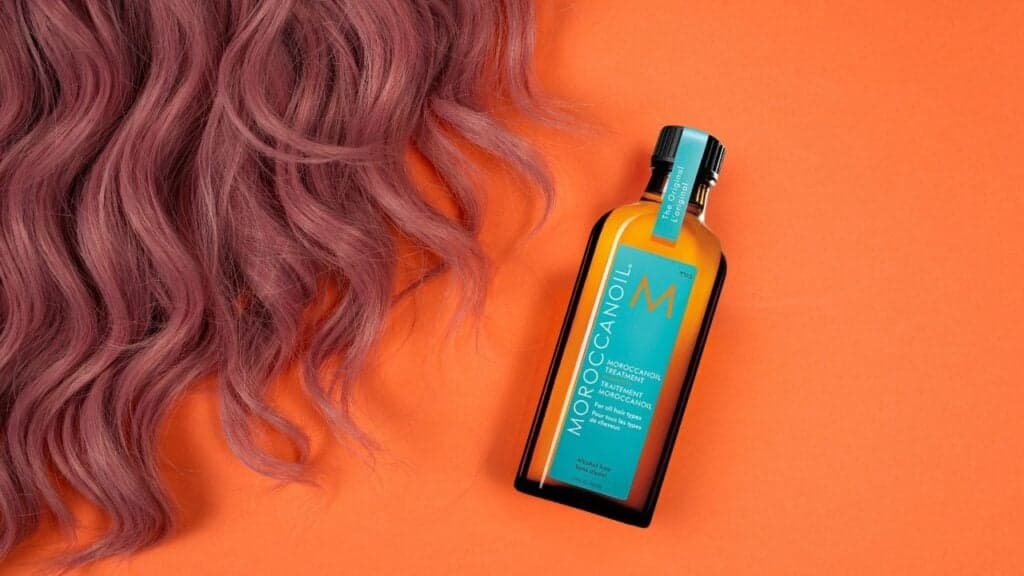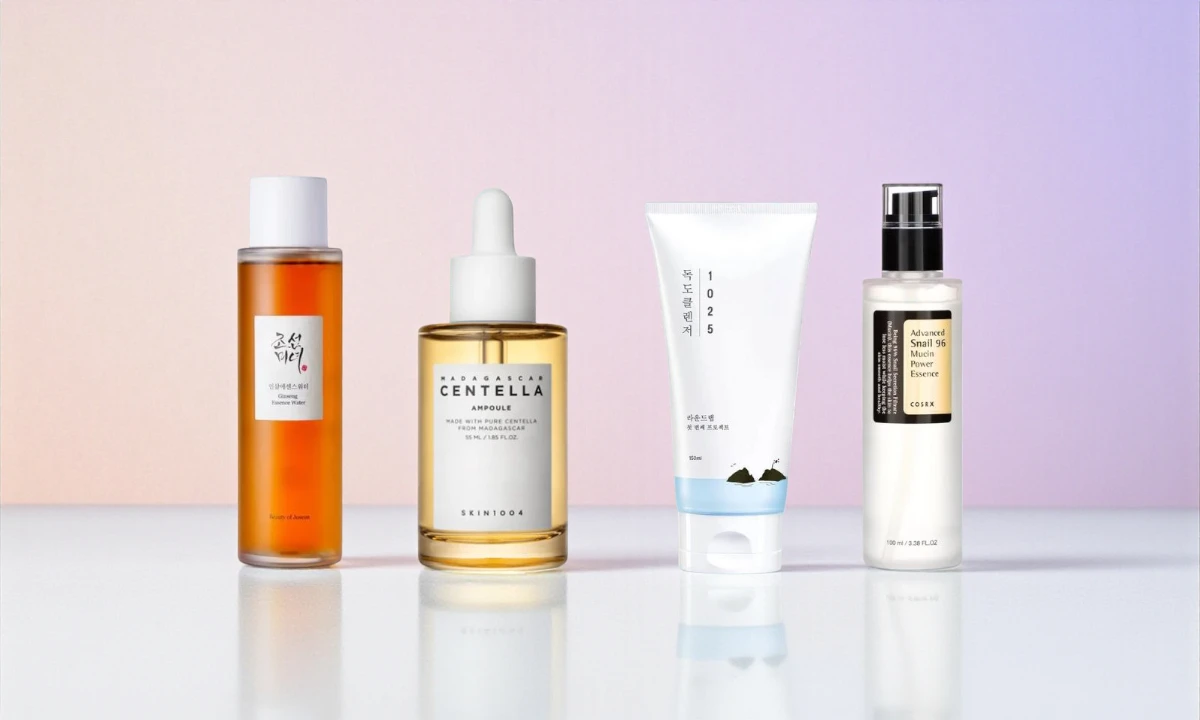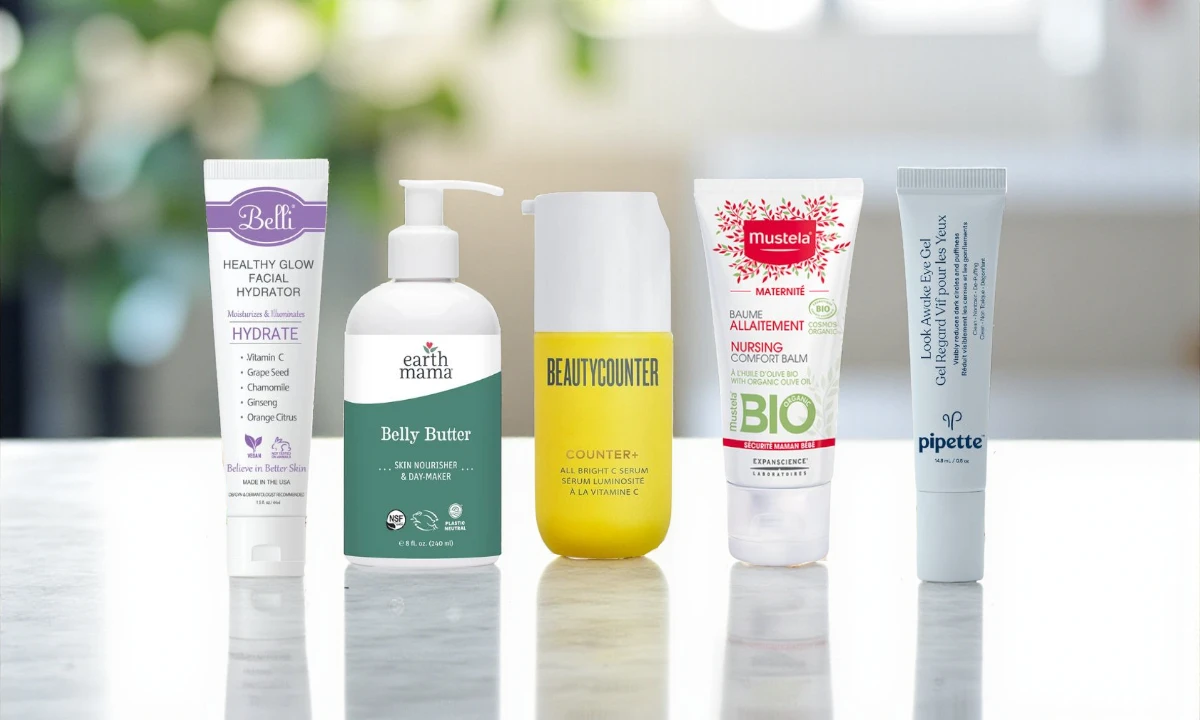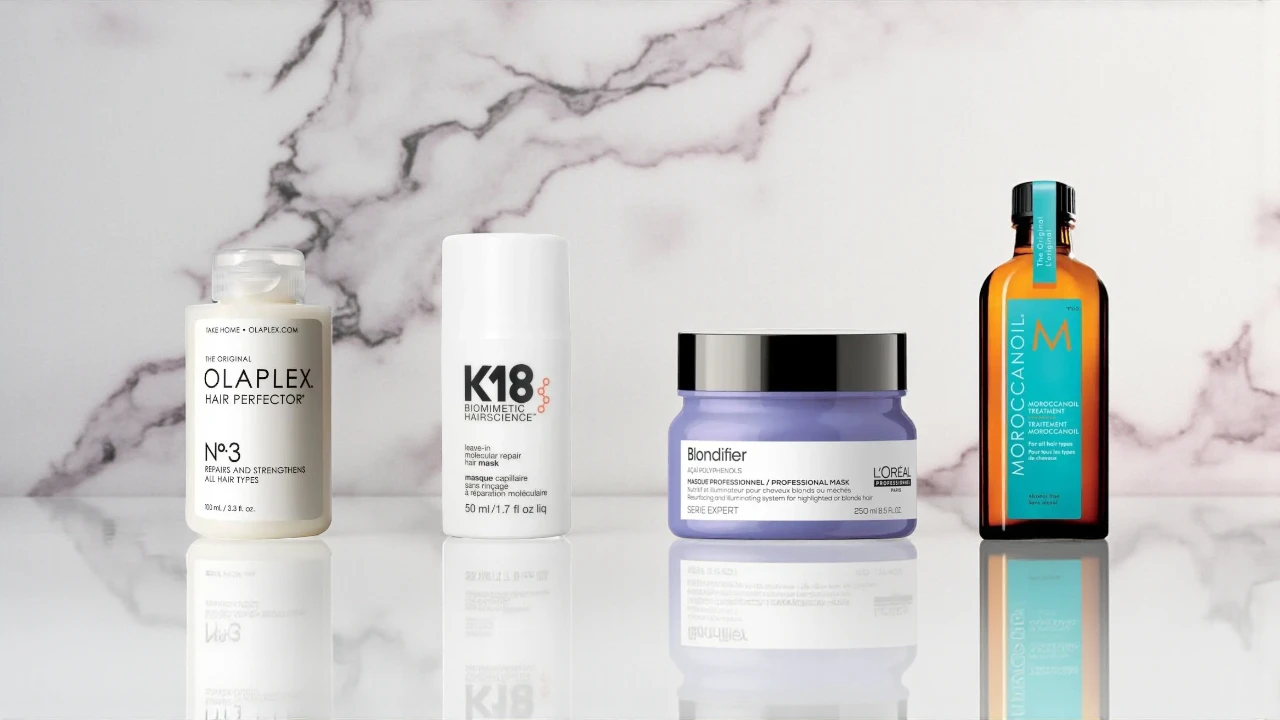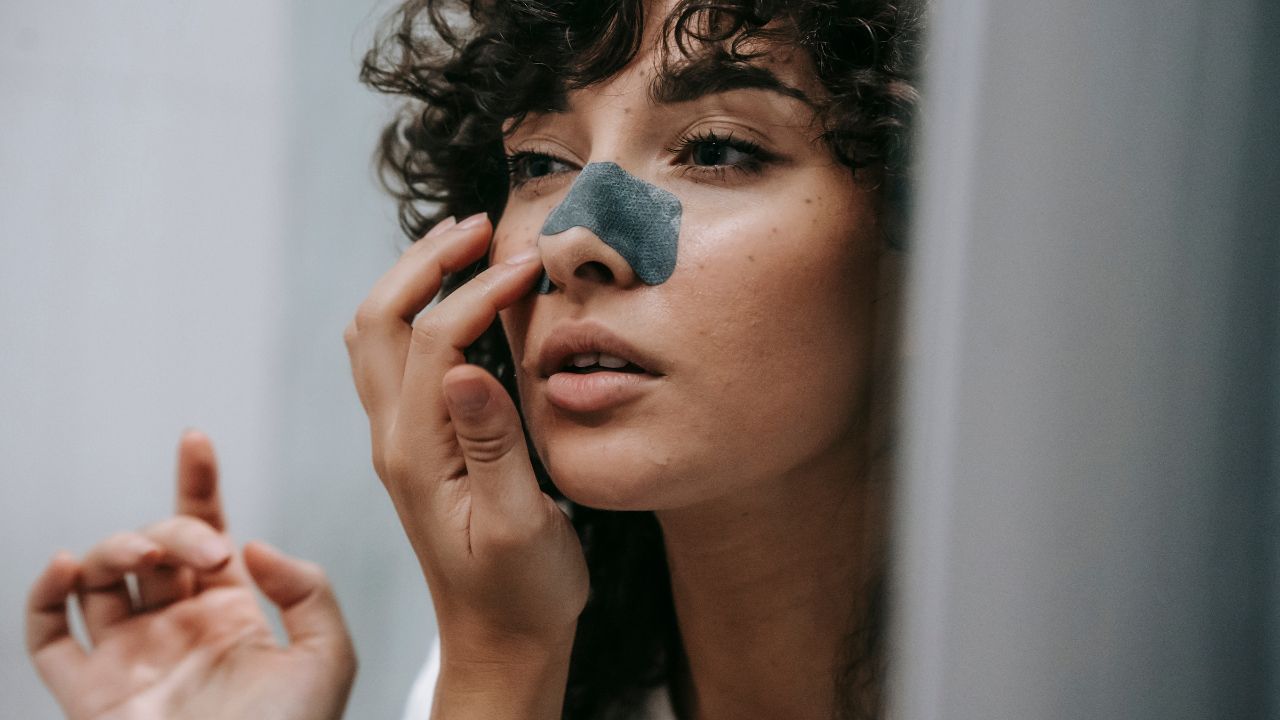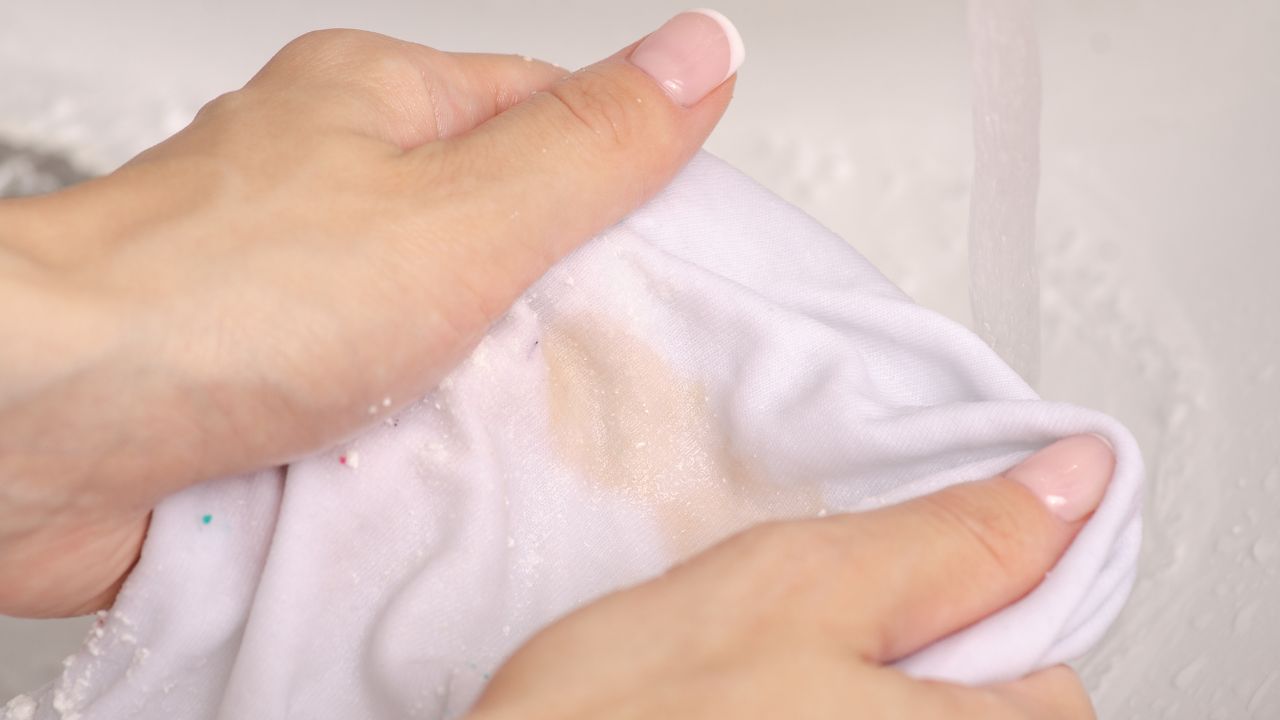Blog
Home / Perfume Stories / Help I Can’t Smell My Perfume! Here’s Why
Categories
Recent Posts
- How to Use Hair Oil for Soft, Shiny, and Healthy Hair: Tailored Tips for Every Hair Type
- How to Get Rid of Oily Skin: Top Tips and Products
- 10 Best Toners for Oily Skin That Won’t Strip or Sting
- Moroccanoil Beauty Routine: How To Use It For Salon Worthy Results?
- 10 Pregnancy-Safe Korean Skincare Products: Because Your Glow Deserves Better
There’s something magical about smelling different scents in a perfume store, and finding one that you really love. Yet, there’s a common phenomenon that often puzzles fragrance wearers:
You can’t smell your own perfume.
Well there’s a saying that my give you comfort: “If you can’t smell your scent, it means it suits you.” In this blog post we’ll discuss the science behind scent perception and tips to allow you to enjoy your favourite fragrances to the fullest.
The Science of Olfactory Fatigue & Human Evolution
Our sense of smell is a quite complex. When you apply perfume very often, the olfactory receptors in your nose will start to adapt to the new fragrance. This is known as “olfactory fatigue” or “nose blindness.” Essentially, when you’re exposed to a scent for an extended period, your nose becomes less sensitive to it, choosing to ignore the familiar scent to avoid overwhelming your smell receptors.
This adaptation is rooted in human evolution, as our ancestors relied on their sense of smell primarily to detect odours that indicated danger, allowing them to focus on unfamiliar scents that might signal a threat. Thus, if the fragrance isn’t perceived as unpleasant or dangerous, your system chooses to tune it out.
At last, conditions like COVID-19 or having a cold can temporarily affect your sense of smell.
True or Not?: If You Can’t Smell Your Scent, It Means It Suits You
There’s some truth in the idea that not smelling your perfume means it’s a perfect match. After all, people typically wear fragrances they love, and over time, they get used to it and can’t detect it anymore. So, scents you can’t smell are often the ones you’ve worn a lot, indicating your affection for them. From a scientific point of view, your nose simply adapts to your scent, and it stops sending the signal to your brain.
So is it a good thing? NOO! As fragrance enthusiasts, we do not only wear fragrances to smell nice to others, but we want to enjoy them ourselves as well.
Should You Be Concerned?
If you wear perfume primarily for yourself, not being able to smell your scent might be disappointing. However, remember that your fragrance still impacts your environment and enhances your personal aura, even if it’s not immediately apparent to you.
Advice: Rotate the Use Of Our Scents
By rotating your perfumes or colognes regularly, you keep your nose alert, allowing you to better appreciate the distinct notes and complexities of each scent. This practice enhances your sensory experience, making each fragrance feel like a new adventure.
Of course, if you don’t own many fragrances, you need to first expand your fragrance wardrobe. Consider exploring different scent families such as floral, woody, spicy, or fresh in order to discover new favorites and enjoy a wider variety of aromas.
It’s beneficial to have a mix of both similar and contrasting fragrances; while similar scents can provide comfort and familiarity, vastly different ones can offer exciting new experiences. A balanced fragrance collection can enrich your personal scent repertoire.
As for how often to rotate, it’s a good idea to change your scent every few days or once a week. This frequency allows you to fully experience each fragrance while keeping your olfactory senses engaged.
Conclusion
While not smelling your own fragrance might initially seem counterintuitive, it can be a sign that your chosen scent harmonizes beautifully with your personal preferences. Trust your instincts, enjoy your fragrance collection, and remember that your scent speaks volumes, even when you can’t hear it yourself. And remember to regularly rotate perfumes to keep your nose alert!
Related posts
How to Use Hair Oil for Soft, Shiny, and Healthy Hair: Tailored Tips for Every Hair Type
You know that moment when you run your fingers through your hair and it actually feels like silk? Yep, hair oil can do that. We’ve come a long way from those days when oiling hair felt like a messy chore only your grandma insisted on. Turns out—grandma was onto something. Hair oil is the unsung…
How to Get Rid of Oily Skin: Top Tips and Products
Tired of that mid-day shine takeover? If your skin constantly feels greasy or your makeup slides off by lunch, you’re likely dealing with oily skin. But don’t worry—it’s totally manageable. This guide breaks down exactly how to get rid of oily skin with smart skincare tips, proven ingredients, and products that actually work. Whether your…
10 Best Toners for Oily Skin That Won’t Strip or Sting
Oily skin has its perks (hello, slower aging), but it also needs a little extra strategy—and the right toner can make all the differenc...
Moroccanoil Beauty Routine: How To Use It For Salon Worthy Results?
Nothing beats that fresh-out-of-the-salon feeling. The soft, silky strands, the insane shine, the confidence boost… it’s pure magic. But what if you could get those same salon-worthy results without stepping foot in a salon? You can completely transform your hair from dry, damaged, and dull to sleek, shiny, and healthy—all from the comfort of home….
10 Pregnancy-Safe Korean Skincare Products: Because Your Glow Deserves Better
When you're pregnant, suddenly every product in your cabinet feels suspicious—and rightfully so. But instead of panic-purging your enti...
The Tinted Skincare Trend: Is It Skincare or Makeup? Let’s Settle This!
Ever feel a bit confused wandering through the beauty aisle these days? You're not alone! A major trend blurring the lines in our routi...
Hair Loss During or After Pregnancy? Here’s How to Avoid or Fix It Naturally
You’ve just given birth to a tiny miracle, you're surviving on cold coffee and baby snuggles—and then you spot it: a hair tumbleweed dr...
Pregnancy Safe Skincare Brands That’ll Keep You Glowing; Without Worry
Let’s be honest: pregnancy is wild. Your body’s changing (hello, new curves), your hormones are throwing impromptu raves at 2 a.m., and...
Pregnancy Safe Makeup Products & What To Avoid: Your Guide to a Beautiful Bump!
Hey mama-to-be, congratulations! Life is changing in amazing ways, and your skin is probably doing some wild, wonderful, and sometimes,...
The Ultimate Guide to the Best Hair Repair Masks: Revive Your Damaged Tresses!
We've all been there – hair that feels more like straw than silk, dull instead of dazzling, and just generally… blah. Whether it's from...
Are Pore Strips Good or Bad for Your Skin? The Complete Truth About Pore Strips
The question "are pore strips bad for your skin" has sparked heated debates among dermatologists, skincare enthusiasts, and beauty experts. While some swear by their immediate results, others warn of potential damage and long-term consequences. In this comprehensive guide, we'll break down exactly how pore strips work, examine the pros and cons of pore strips, reveal what dermatologists really think, and provide safer alternatives for achieving clear, healthy-looking pores.
4 Steps To Effectively Get Sunscreen Out of Clothes: The Easy Way!
In this comprehensive guide, we'll walk you through 4 proven steps for effective sunscreen stain removal, explain why sunscreen causes those stubborn marks, and share prevention strategies so you never have to deal with this problem again. Whether you're dealing with fresh stains or set-in marks from last summer, these methods will help you remove sunscreen from fabric quickly and completely.
Comments


